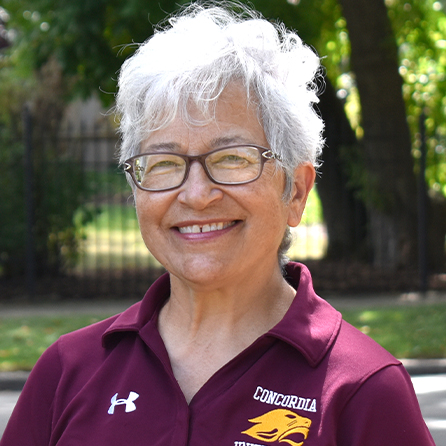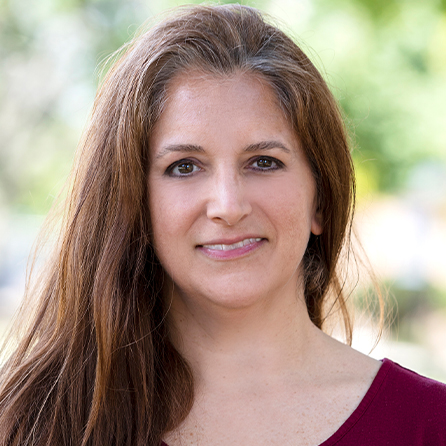Continuing the University's mission of excellence.
Concordia University Chicago is honored to partner with you, our donors, alumni and community as we equip the next generation of servant leaders.
As an institution, we are committed to transparency, accountability and ethical interactions with our partners in this mission. You can be confident that your gifts are used judiciously to further the University’s mission and educate students with excellence. Thank you for joining us in this important work.
View and download Foundation Brochure (PDF)
Meet Our Team

Your privacy is important to us.
Use of Donor Information: Donor Information is used to complete the transaction, record the donation, generate the appropriate tax receipt, and to appropriately acknowledge each gift donation. Donor records are also used for general record keeping and internal analysis. Credit card information is used to process the gift, but is not retained.
Concordia University Chicago does not rent, market or otherwise disclose donor information to any outside party or vendor for non-University purposes, unless required under law. Within the University, access to donor information is limited to areas of Foundation staff members and University leaders and staff members with a need to know. Staff members are bound by a professional code of ethics and subscribes to the Donor Bill of Rights.
Donor Recognition: Concordia University Chicago enjoys providing donors with recognition for their gifts through print, spoken, and/or web-based media. However, you may choose to waive this recognition and make a gift anonymously. Please contact the Foundation Office if you would like your gift to be anonymous. We will always respect your decision to keep a gift confidential.
Contacting Concordia University Chicago: If individuals have comments or questions regarding Concordia University Chicago’s Donor Privacy Policy, they may call the Foundation Office at 708-209-3506 or email Meg Busse at Meg.Busse@CUChicago.edu.
The Donor Bill of Rights
Concordia University Chicago subscribes to the Donor Bill of Rights.
Philanthropy is based on voluntary action for the common good. It is a tradition of giving and sharing that is primary to the quality of life. To ensure that philanthropy merits the respect and trust of the general public, and that donors and prospective donors can have full confidence in the nonprofit organizations and causes they are asked to support, we declare that all donors have these rights:
- To be informed of the organization's mission, of the way the organization intends to use donated resources, and of its capacity to use donations effectively for their intended purposes.
- To be informed of the identity of those serving on the organization's governing board, and to expect the board to exercise prudent judgment in its stewardship responsibilities.
- To have access to the organization's most recent financial statements.
- To be assured their gifts will be used for the purposes for which they were given.
- To receive appropriate acknowledgement and recognition.
- To be assured that information about their donation is handled with respect and with confidentiality to the extent provided by law.
- To expect that all relationships with individuals representing organizations of interest to the donor will be professional in nature.
- To be informed whether those seeking donations are volunteers, employees of the organization or hired solicitors.
- To have the opportunity for their names to be deleted from mailing lists that an organization may intend to share.
- To feel free to ask questions when making a donation and to receive prompt, truthful and forthright answers.
The text of the Donor Bill of Rights in its entirety was developed by the American Association of Fund-Raising Counsel (AAFRC), Association for Healthcare Philanthropy (AHP), Council for Advancement and Support of Education (CASE), and National Society of Fund Raising Executives (NSFRE).







